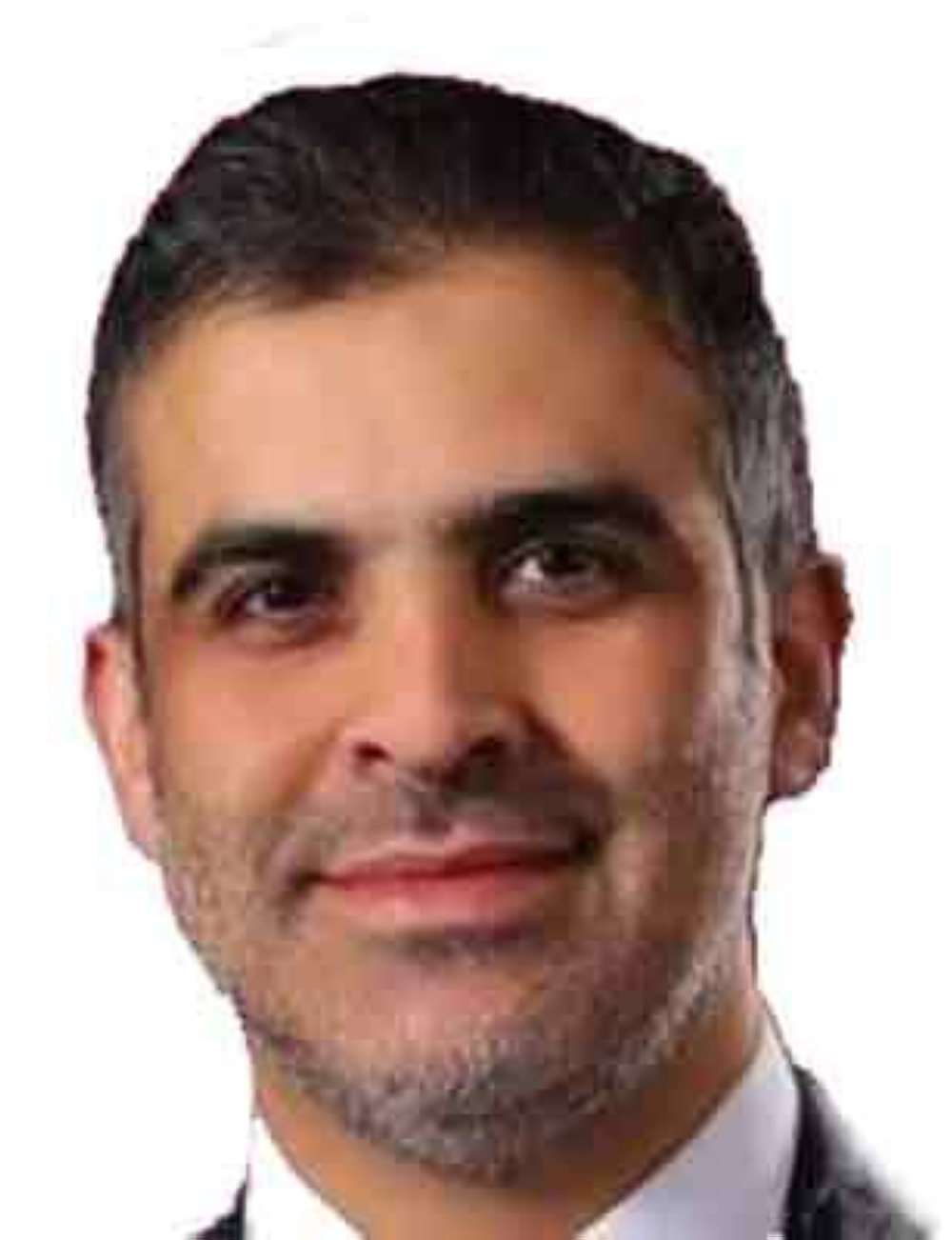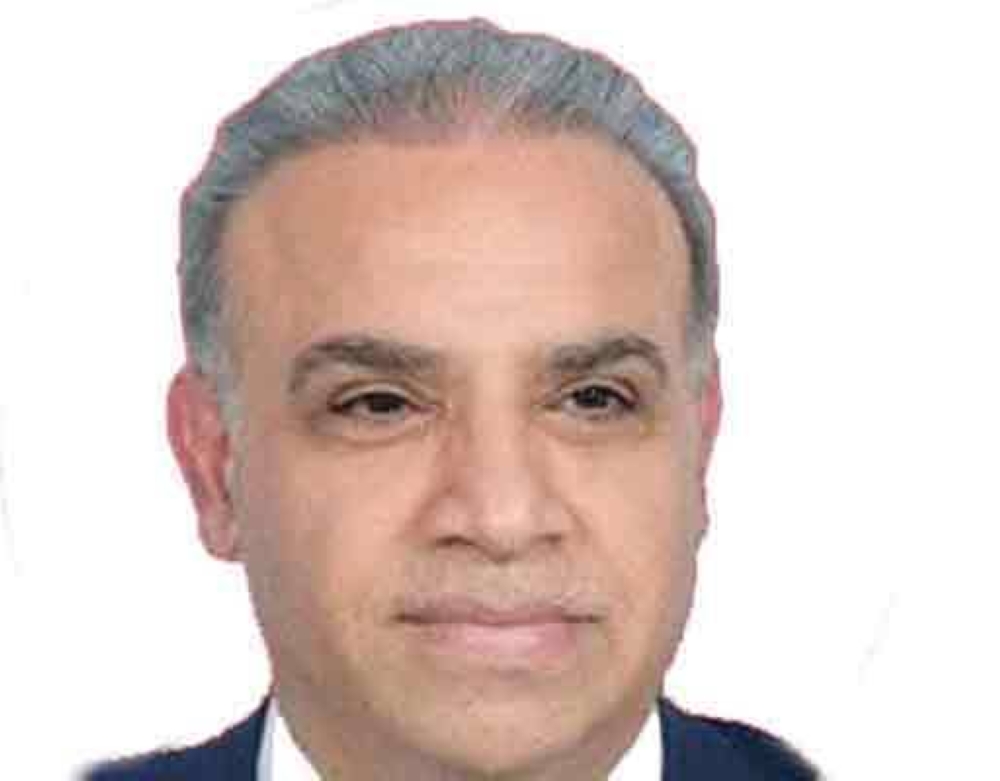His Highness the Amir Sheikh Tamim bin Hamad Al-Thani's official visit to the Italian Republic and the Federal Republic of Germany, which begins on Sunday, marks decades of distinguished friendship and growing cooperation between the State of Qatar and the two European countries.
Doha’s relations with Rome and Berlin is expected to enter a new stage of fruitful strategic partnership at all levels. Economically, His Highness the Amir's visit is expected to contribute to the development of existing cooperation relations between Qatar and the two friendly countries, thus establishing an advanced stage of trade and investment cooperation that increases the pace of trade and adds vital sectors of cooperation between the two sides, whose relations have been characterized in recent years as strong economic relations, according to figures from the National Planning Council (NPC).
Based on these figures, bilateral trade between Qatar and Italy witnessed remarkable growth in recent years, reaching nearly QR 20 billion in 2023 compared to QR 11.1 billion in 2018, with a growth rate estimated at 80%, while the volume of trade with Germany reached QR 7.1 billion in 2023, up from 6.8 billion in 2022, an increase of 4.4%, which reflects the development of economic cooperation and trade exchange between Qatar and both countries.
In this context, Director of the Economic Studies Unit at the Arab Center for Research and Policy Studies Dr. Hazim Rahahleh affirmed that anyone who follows the development of the economic relations between the State of Qatar and the European Union (EU) over recent years, clearly notices that they have entered a remarkable positive turning point that prepares for broader and deeper areas of economic cooperation in the coming stage.
Dr. Rahahleh said in a statement to Qatar News Agency (QNA) that the most prominent feature of this phase of the partnership is that it came during a period in which Europeans became convinced that partnership with the State of Qatar is a strategic necessity, not only for its remarkable role in ensuring the security of their energy in the darkest geopolitical circumstances that the European continent has experienced for decades but also as a promising trade and investment partner.
Between 2018 and 2022, Qatari exports to the EU surged more than elevenfold, rising from nearly QR 9 billion to around QR 106.7 billion, while Qatari imports from EU countries witnessed a relatively moderate growth of 16.6%, reaching approximately QR 33 billion in 2022, he said.
In terms of investment, there is a clear and qualitative presence of Qatari direct investments in the EU countries, the volume of which reached about 23 billion euros in 2021, constituting about 55% of the total Qatari direct investments abroad, while the volume of European investments in the State of Qatar in the same year reached about 6.4 billion euros, which constitutes about a quarter of foreign direct investments in the State of Qatar, he added.
Regarding bilateral economic relations with Italy and Germany, Dr. Rahahleh explained that they have also witnessed a remarkable boom over the past years. He noted that the solid political and economic relations with these countries and the active role played by Qatar in ensuring energy security at the global level have helped both countries and enabled them to compensate for a large part of the gas supply shortage resulting from the repercussions of the raging military conflict between Russia and Ukraine, which explains the steady increase in Italian imports of Qatari gas and oil over the past few years, from 1.4 billion euros in 2018 to about 5.2 billion euros in 2022, making it the second largest European country importing from Qatar and the eighth globally.
Dr. Rahahleh said Italy is Qatar's fourth-largest exporter, with a value of about 2 billion euros in 2022, up 47% over its levels in 2018. The remarkable trade developments between the two countries are accompanied by remarkable investment activity, as Qatar places Italy on the cross-border economic diversification map, focusing its investments on promising sectors such as real estate and tourism, which generate attractive investment returns, and views it as an active and promising partner in vital sectors in Qatar, foremost of which is the hydrocarbon sector and related activities, the tourism sector, and other activities that fall within the future economic vision of the State of Qatar, he said.
The Director of the Economic Studies Unit at the Arab Center for Research and Policy Studies pointed out that Germany is also a strategic and promising partner for the State of Qatar. Despite the decline in the volume of its imports from Qatar compared to other European countries and the trade balance tilting in its favor, Germany has previously relied on Qatar in the past to compensate for part of the shortage in its supplies of Russian gas, which explains the increase in its imports from Qatar in 2021 to about 1.6 billion euros before stabilizing at about 538 million euros in 2022.
Meanwhile, Qatar's imports from Germany reach about 1.4 billion euros, most of which concentrated in vehicles, equipment, electrical appliances, and supplies for Qatari industries. Germany is also a promising investment destination for the State of Qatar, as its investments are strongly present in global German companies such as Volkswagen (VW), Siemens, and Deutsche Bank, he added.
He believed that the energy file would be strongly present on the agenda of the discussions with the two countries, and it is a file that may not be limited to the two countries' imports of liquefied natural gas (LNG) but will also extend to manufactured products related to the hydrocarbon sector, which are increasingly in demand by both countries, in addition to the investments through which the State of Qatar seeks to advance its economic diversification policy.
The two countries embrace promising activities and projects in technology, artificial intelligence (AI), health, tourism, and real estate, which are activities that fall within Qatar's strategic interests, whether by attracting direct investment in Qatar or contributing effectively to them in a way that maximizes future returns from them and enhances Qatar's ability to keep pace with developments witnessed by the world at various levels.
Based on this and the promising common benefits that these partnerships can add to the State of Qatar and both Germany and Italy, it is likely that the discussions will address preferential treatment that can ensure the achievement of common interests and accelerate the pace of these partnerships and translate them on the ground reality, he added.
Regarding the role played by Qatar in supplying the two countries with energy, especially with the onset of winter and the decline in supplies from Russia, Dr. Rahahleh affirmed that a strong conviction has been established particularly in Germany and Italy and European countries in general, that Qatar is a strategic partner that can be relied upon to ensure the sustainability of their energy supplies in addition to its large reserves and production capacities capable of meeting the needs of these countries for gas and energy in general.
Qatar is also a partner that possess political balance and responsible positions towards global issues, which makes it a safe and stable partner in the long term.
For his part, Contemporary History and Politics of the Middle East at Qatar University (QU) Prof. Mahjoob Zweiri said in a similar statement to QNA that Qatari relations with both Italy and Germany are about strong partnerships and relations with a strategic dimension full of many details that Qatar has always paid attention to and focused on in its relations with these two countries.
Prof. Zweiri said that Germany is known as an important economic power at both European and global levels. As a result, Qatar has developed important relations with Germany, he explained, pointing out that Qatars investments in Germany have exceeded the $30 billion barrier, and more than 150 German companies are operating in the Qatari market in various sectors, in addition to investments in the electricity sector and gas supplies to Germany.
Thus, we are talking about partnerships with important details in the relationship between the two countries, and from here they are keen to develop these relations and employ them for important issues in the Middle East to create a state of peace and stability in the region, he said.
He added that Italy has a strong and very important economic partnership with Qatar, especially regarding LNG supplies, indicating that there is a strong partnership between the Italian company Eni and QatarEnergy, especially in projects related to the North Field and Qatari LNG. He noted that the Adriatic LNG Terminal in Italy receives large quantities of more than 8 billion cubic meters per year of Qatari LNG. He also highlighted the excellent and developed relations in their military dimension. Thus, HH the Amir's visit builds on these successes in relations between Qatar and these two important EU countries.

Dr. Hazim Rahahleh

Prof. Mahjoob Zweiri
